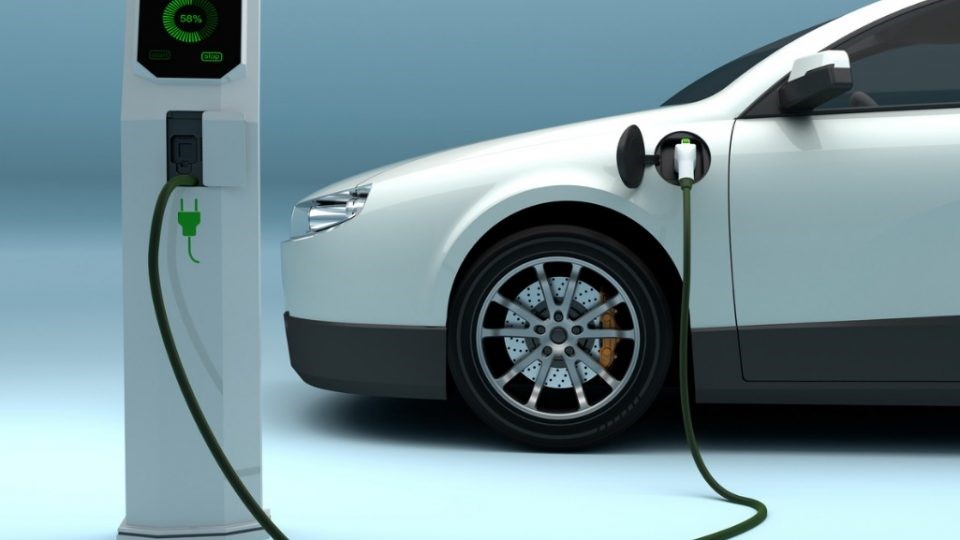Safety has always been a concern with lithium ion batteries. Recent news articles published highlight a positive shift away from this technology which piqued an interest whilst on 'virtual' work experience for Patti Mussard, Yr 11 student from The Bishops Stortford College to research further.

In recent years, the primary focus of many car manufacturers has been in developing electric vehicles, powered by rechargeable batteries, as a greener alternative to fuel-powered cars. Just recently, the well-known electric vehicle company Tesla became the world’s most valuable car firm, although, some people are still hesitant about making the switch to electric, as they are concerned about how often they will have to charge and change the battery, how much time it will take, and how much it will cost them. However, with the latest developments in battery tech showing the possibility of a newer, safer, and longer lasting battery, we may be looking at the start of a new generation of electric cars.
Million-mile Battery
Currently, the majority of electric cars use lithium ion batteries to power them. Although these batteries have been vital in the fundamental chemical engineering of electric cars, they may no longer be the best option. Lithium-ion batteries have a warranty of only 24-36 months, and electric cars running on lithium ion batteries need charging, on average, every 100 miles. New battery technology, however, is making it possible for car to drive much further between charges and have longer warranties on batteries. Contemporary Amperex Technology (CATL), the Chinese battery-making company responsible for supplying many major car manufacturers, from Tesla to BMW, claims to have produced the ‘million-mile battery’ capable of powering a car for more than 400 miles between charges and having a warranty of over one million miles over 16 years. This is all due to the simple switch from lithium ion batteries, to lithium iron phosphate ones.
Lithium Ion to Lithium Iron
What is it about lithium iron phosphate batteries that makes them so revolutionary for electric vehicles? Well, aside from having a substantially longer life, lithium iron phosphate batteries are also a cheaper, safer alternative to lithium ion. Unlike Li-Ion batteries, they don’t contain the element cobalt, which is by far the most expensive element used. This allows costs to be cut dramatically, with some electric car manufacturers saying it will be possible to cut costs down to as little as $60/kWh by 2030, compared to the $381/kWh costs 5 years ago. Also, the use of lithium ion batteries in vehicles poses a risk as they heat up quickly while being charged, while a lithium iron battery is more stable, so remains cool under similar charging conditions.
With these new developments in lithium ion battery technology paving the way to a newer, easier, and cheaper electric car experience, it provides hope for the future that more people will be encouraged to make the switch to electric cars and take that vital step towards a greener world.
Patti Mussard
The Bishops Stortford College
Sources:
https://www.bbc.co.uk/news/business-53067009
https://www.batterytender.com/assets/img/static/batteryfaq.pdf
https://www.brighthubengineering.com/power-generation-distribution/123906-comparison-of-lithium-ion-to-lithium-iron-battery/
https://www.cnbc.com/2020/06/30/tesla-and-the-science-of-low-cost-next-gen-ev-million-mile-battery.html
https://phev.ucdavis.edu/about/faq-phev/
https://www.catlbattery.com/en/web/index.php/about/information